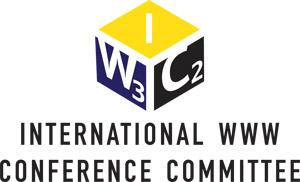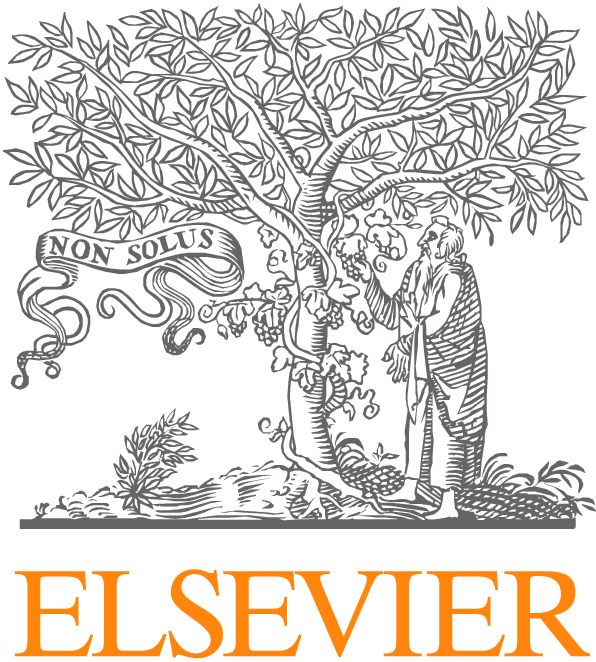As the World Wide Web has grown to become an essential part of our lives, security and privacy have become essential requirements without which the Web cannot function. Security and privacy technologies are fundamental to the successful conduct of most Web transactions and they must be suitable to be used by a highly diverse population of users. At the same time, the sheer success of Web-based transactions and services have made them a ripe target for abuse by hostile parties, who aim to exploit both technical and human failures. This track offers a forum to discuss the notions of security, privacy, trust, and abuse on the Web, and to present research advances in these areas.
Relevant topics include (but are not limited to):
- Human and usability factors in Web security & privacy
- Measurement, analysis, and circumvention of Web censorship
- Authentication, authorization, and auditing on the Web
- Access control, rights management, and security of social content
- Anomaly detection and monitoring methods
- Negative content filtering: spam, abuse, fake reviews, etc.
- Browser security issues, including attacks, defenses, and policy models
- Large scale malware defense
- Analysis of large scale attacks against the Web
- Privacy-enhancing technologies, including anonymity, pseudonymity and identity management, specifically for the Web
- Legal, ethical, policy issues of Web security and privacy
- Dealing with client-side risks
- Content protection (e.g., DRM)
- Abuse on the Web (e.g., Web/blog spam)
- Security for Web services (e.g., blogs, Web feed, wikis, social networks)
- Applications of cryptography to the web, including PKI and supporting concepts like digital signatures, certification, etc.
- Electronic commerce, particularly security mechanisms for e-cash, auctions, payment, and fraud detection
- Security and privacy issues in search, advertising, and mining of the Web and social networks
- Results, and lessons learned, of sound experiments aiming at assessing the (in)security of the Web-based ecosystem
- Online crime/underground economics
For questions related to this call, please email: security-privacy@www2016.ca
Area Chairs
- Michael Bailey, University of Illinois at Urbana-Champaign
- Nikita Borisov, University of Illinois at Urbana-Champaign
Programme Committee
- Ben Adida, Clever
- Sadia Afroz, ,UC Berkeley
- Johanna Amann, International Computer Science Institute
- Manos Antonakakis, Georgia Institute of Technology
- Davide Balzarotti, Eurecom
- Lujo Bauer, Carnegie Mellon University
- Konstantinos Chatzikokolakis, Ecole Polytechnique of Paris
- Stephen Checkoway, University of Illinois at Chicago
- Nicolas Christin, Carnegie Mellon University
- Marc Dacier, QCRI / HBKU
- Adam Doupé, Arizona State University
- Zakir Durumeric, University of Michigan
- Serge Egelman, UC Berkeley / ICSI
- William Enck, North Carolina State University
- Adrienne Porter Felt, Google
- Phillipa Gill, Stony Brook University
- Marian Harbach, International Computer Science Institute
- Thorsten Holz, Ruhr-Universität Bochum
- Nicholas Hopper, University of Minnesota
- Markus Jakobsson, Qualcomm
- Suman Jana, Columbia University
- Rob Johnson, Stony Brook University
- Aaron Johnson, U.S. Naval Research Laboratory
- Chris Kanich, University of Illinois at Chicago
- Engin Kirda, Northeastern University
- Adam J. Lee, University of Pittsburgh
- Kirill Levchenko, UC San Diego
- Damon McCoy, NYU
- Prateek Mittal, Princeton University
- Tyler Moore, University of Tulsa
- Shirin Nilizadeh, UC Santa Barbara
- Cristina Nita-Rotaru, Northeastern University
- Mathias Payer, Purdue University
- Roberto Perdisci, University of Georgia
- Eric Rescorla, Mozilla
- Reza Shokri, UT Austin; Cornell NYC Tech
- Radu Sion, Stony Brook University
- Jessica Staddon, North Carolina State University
- Gianluca Stringhini, University College London
- Cynthia Taylor, University of Illinois at Chicago
- Kurt Thomas, Google
- Patrick Traynor, University of Florida
- Janice Tsai, Microsoft
- Michael Carl Tschantz, International Computer Science Institute
- David Wagner, UC Berkeley

